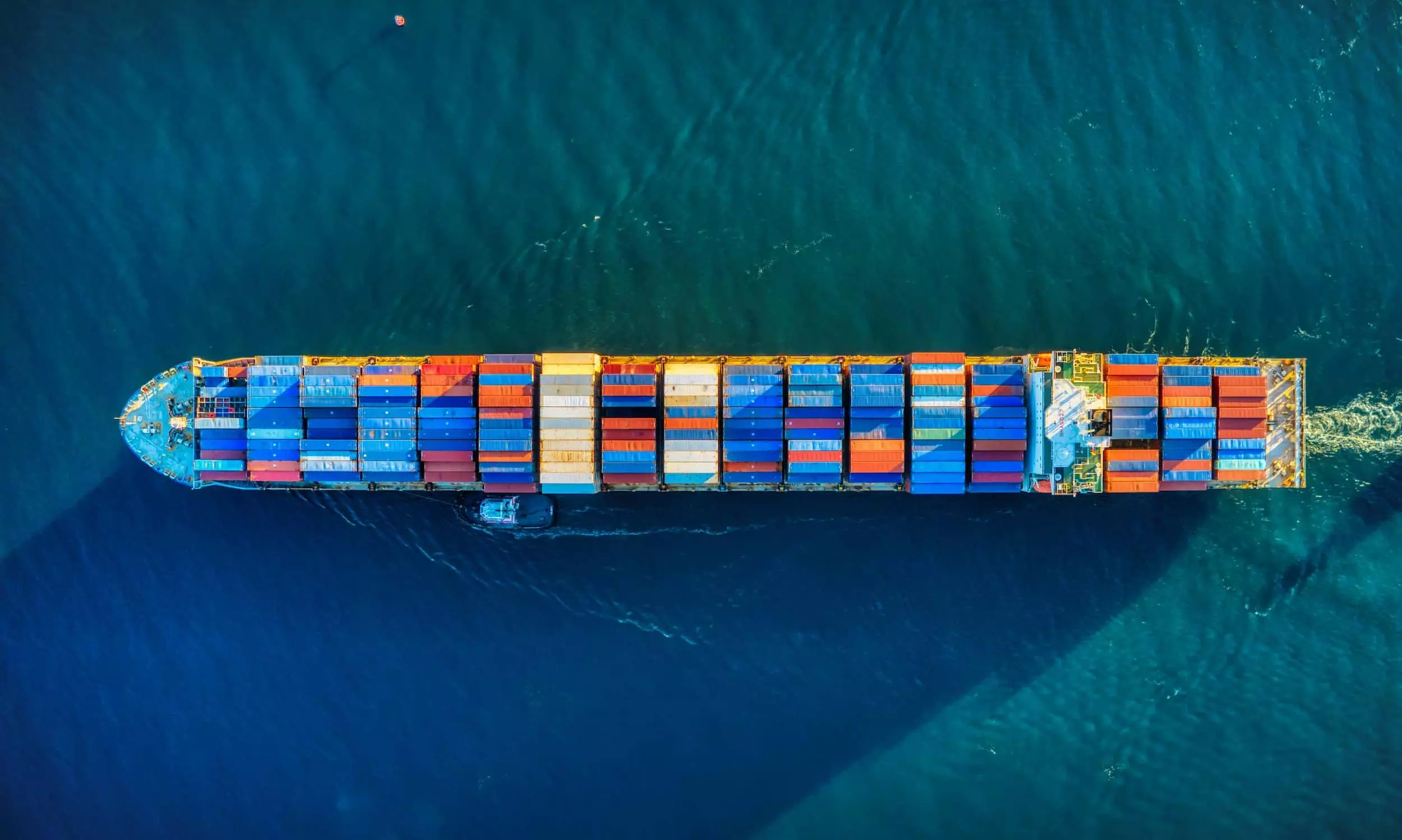Red Sea crisis impact more than Covid on ocean freight rates: Xeneta
Early indications suggest ocean freight shipping rates are set to increase further in early February

Red Sea crisis has had a more sudden and rapid impact on ocean freight shipping rates than the first months of Covid, according to the latest data from Xeneta.
"Whilst we’re yet to see rates hit as high as they were in Covid, the pace of short-term rate increases has caught many shippers and freight forwarders off guard just as they start entering tender negotiations. This is particularly concerning when you consider Q4 was looking like a freight buyers' market."
Lunar New Year – respite or reset?
Early indications suggest ocean freight shipping rates are set to increase further in early February, the update added. "What this tells us is that carriers have successfully moved the vast majority of their short-term rates to a much more profitable level. Something they'll be keen to maintain for as long as possible.
"Whilst the market-high short-term rates in early February are unseasonably high, Xeneta is also witnessing a certain kind of calming on the short-term rates between FE Main – North Europe Main. This market behaviour mirrors what you’d expect ahead of factory closures in China and Taiwan for Lunar New Year (Feb 10) with every ship that will leave before LNY having either left or already been booked.
"What is less clear is what happens to the market in the longer term, how much of this will be valid without surcharges being added on top, and how long the ripple effect will last."
Artificial demands
Due to the diverse range of products being shipped, we are seeing different shippers respond to the Red Sea crisis in different ways, Xeneta says in its update. "The response depends greatly on the nature of the business, contingency planning, inventory stock levels and risk aversion. For instance, the apparel industry has been quicker to overbuy and stockpile capacities.
"Other freight forwarders have accused the lines of creating artificial demand by blanking sailings and talking up a looming empty box crisis in the hope of maintaining or increasing rates in the second half of February. The artificial demand increase is temporarily mitigating consequences of the situation shippers fear is ahead. If the situation stabilises but a lot of cargo has been front loaded, we could witness the market drop back down again very rapidly."



